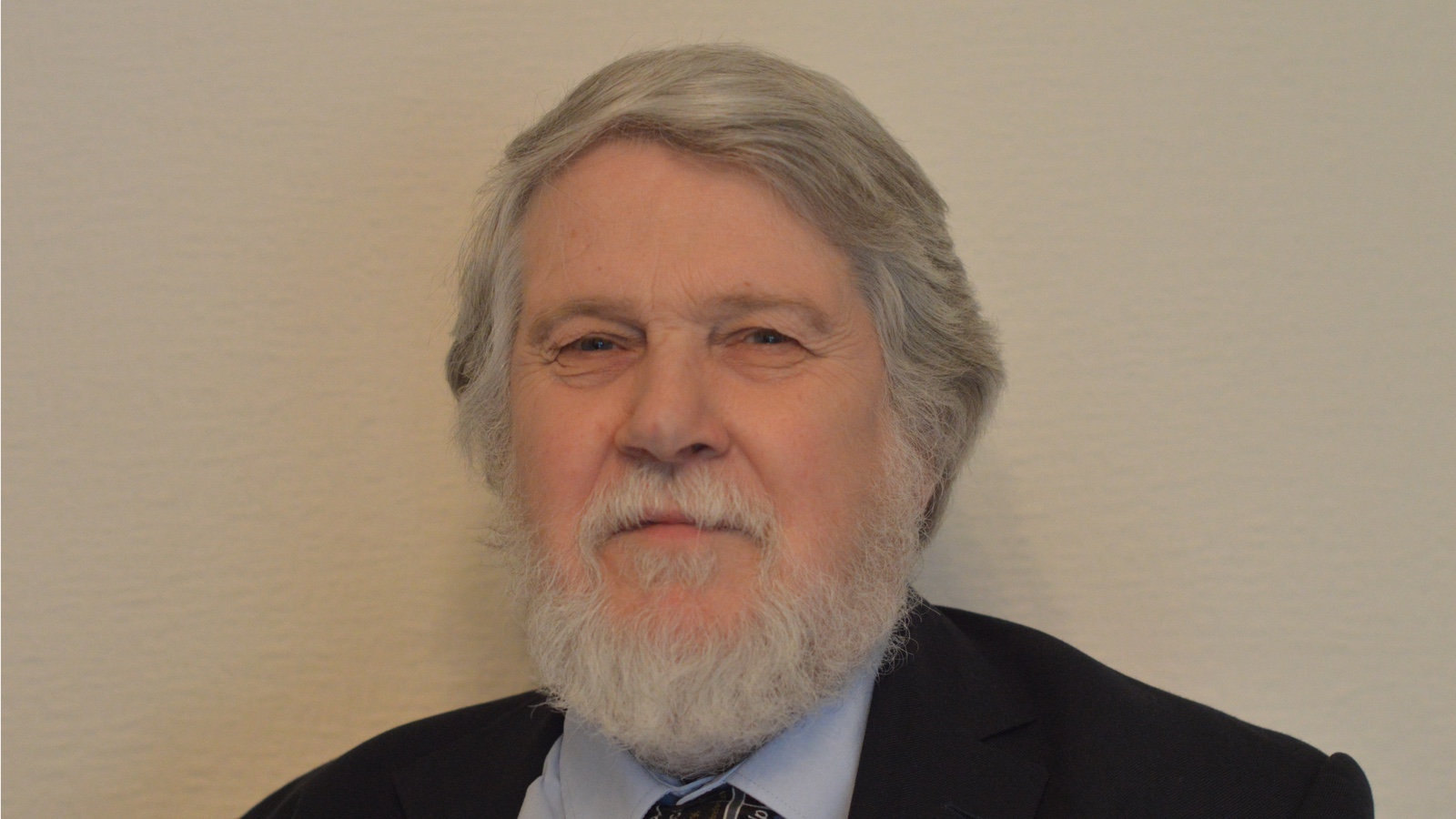Vice-Chancellor, Professor Stephen Robert Tennison has had a long and impactful career in industrial research and has been a supporter of both education and research at Bath for more than twenty years. From an early career discovery of a new catalyst that enabled more efficient production of ammonia (an important industrial chemical used in the production of fertiliser), to more recent development of innovative carbon materials for biomedical applications, Steve’s research and commercial ventures have always been directed towards technologies that deliver benefits to humankind.
Steve was a British Petroleum (BP) Student Apprentice (graduating with a BSc in Applied Chemistry in 1970) and his first project, after commencing work in the Basic Research Division of the BP Research Centre, was to set him on a research path devoted to developing carbon materials. He pioneered the use of carbons with controlled structure as catalyst supports and, by 1977, as a Project Leader, had discovered and developed an innovative new ruthenium-on-carbon catalyst for production of ammonia. Steve was promoted to Research Associate and Project Manager for the scale-up of this catalyst and the associated modified synthetic process, work which ultimately led to the building of one of the largest ammonia plants in the world and promotion to Senior Research Associate with responsibility for the use of carbons in all areas related to BP’s operations.
After twenty-four years at BP, he formed a company, MAST Carbon International, to continue the development and commercialisation of synthetic carbon adsorbents, catalyst systems and membranes. Under Steve’s direction, MAST established an international reputation in the development and application of synthetic carbon materials applied to separations, membranes, fuel cells, catalysis, and automotive applications. MAST, an SME (Small or Medium Enterprise), reinvested over 75 % of its turnover into R&D and led EU projects, major UK development projects, Technology Strategy Board SMART projects and Knowledge Transfer Partnerships (KTPs), including a number in partnership with the University of Bath.
In spite of his strong focus on industrial research, reflected in thirty patents, Steve also found time to publish nearly 70 journal papers and to give many plenary and invited talks at international conferences. He is a good friend of the University of Bath and starting in 1985, while at BP and continuing as he guided MAST Carbon to a position of prominence as a research-focused SME. He has collaborated widely with researchers in Chemical Engineering, beginning with the eminent Professor Thomas and later Professors Crittenden, Kolaczkowski, Perera, Mattia and Mays, amongst others. Indeed, I have had the pleasure of leading Bath’s part of an Innovate UK project headed by Steve and can attest to his extensive scientific knowledge, willingness to innovate and measured project management style. This close relationship with the University of Bath was formalised by appointment to the position of Visiting Professor in the Department of Chemical Engineering in 2004. Since, 1994, as Managing Director at MAST, Steve has hosted 12 Chemical Engineering undergraduates on one-year industrial placements; employed seven Bath graduates/postgraduates at the company; collaborated with the University on research projects worth over £10 million (many of which he managed) and co-authored seven journal papers with Bath researchers. Recently, MAST played a key role in a Research Excellence Framework (REF) 2014 Impact Case Study; Steve is also an active member of the Strategic Advisory Boards of the University of Bath’s Centre for Sustainable Chemical Technologies, and the EPSRC SUPERGEN Energy Storage Consortium.
Steve’s important contributions to the production of chemicals and materials have been recognised: he was made a Fellow of the Royal Society of Chemistry in 1983 and, more recently, received the 2009 Royal Society of Chemistry / British Carbon Group Ubbelohde award for contributions to carbon science and the 2015 Society of Chemical Industries ‘Carbon in Industry’ award.
Vice-Chancellor, I present to you Professor Stephen Robert Tennison, who is eminently worthy to receive the Degree of Doctor of Engineering, honoris causa.
